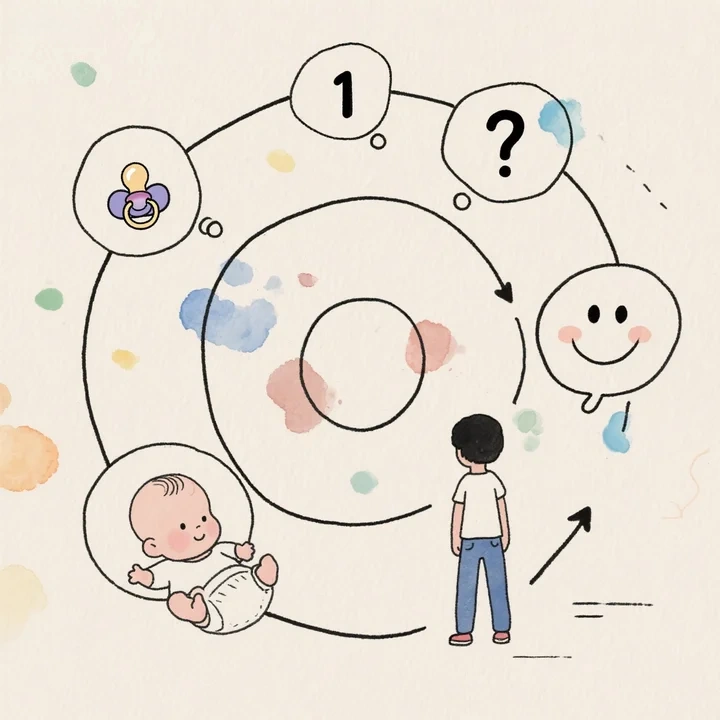While surrogacy offers many hopeful parents a path to biological parenthood, questions remain about its potential effects on the children born through this process. Current research suggests that surrogacy itself does not inherently cause trauma to children, but certain psychological considerations may arise—particularly regarding identity formation and family dynamics.
1. What the Research Shows
Long-term studies tracking children born via surrogacy have found:
- No significant differences in early development: Babies and toddlers born through surrogacy show typical emotional, cognitive, and social development compared to those conceived naturally or via IVF (Golombok et al., longitudinal studies).
- Possible adjustment questions in middle childhood (ages 7–10): Some children experience mild confusion when they first learn about their surrogacy origins, but this typically resolves by adolescence (Fertility Centers of Illinois, European PMC).
- Positive long-term outcomes: By adolescence, most surrogacy-born children report stable emotional well-being and neutral or even positive feelings about their birth story (Reproductive BioMedicine Online, TIME).
2. Potential Emotional Challenges
While not traumatic in the clinical sense, some children may face unique psychological considerations:
A. Identity and “Genealogical Bewilderment”
- Around age 7, children begin to understand genetics and may question why they were carried by someone else.
- If the surrogate is known (as in open surrogacy arrangements), the child might wonder about their connection to her.
- Not trauma, but curiosity: Unlike adoption, where separation from biological parents is a loss, surrogacy-born children usually know their genetic parents from birth.
B. Disclosure and Family Communication
- Early, positive disclosure matters: Children told about their surrogacy origins before age 7 tend to adjust better than those who learn later (European PMC, TIME).
- Parental attitude is key: If parents are anxious or secretive about surrogacy, children may internalize this as something “shameful.”
C. Social Perceptions and Stigma
- Some children face questions from peers (“Why didn’t your mom carry you?”), which can lead to temporary self-consciousness.
- However, studies show that with supportive parenting, these social interactions do not cause lasting distress (SRCD, BPS).
3. What Is NOT Trauma?
- No evidence of attachment disorders: Surrogacy-born children bond securely with their parents, just like any other children (Reddit, NY Post).
- Not equivalent to adoption trauma: Unlike adoption, where children may grieve separation from birth parents, surrogacy-born children are typically raised by their genetic parents from birth.
4. Best Practices for Parents
To support a child’s emotional well-being:
✅ Start the conversation early (preschool age) using simple, positive language.
✅ Normalize their story—frame surrogacy as a special way they came into the family.
✅ Maintain openness: If the surrogate is known, age-appropriate contact can help the child understand their origins.
✅ Focus on strong parent-child bonds: Warm, responsive parenting is the strongest predictor of a child’s emotional health—not how they were conceived.
Final Verdict
Surrogacy does not cause trauma in children, but like any non-traditional conception method, it requires thoughtful communication. With early, honest discussions and a supportive family environment, surrogacy-born children grow up just as emotionally healthy as their peers.
Key Takeaway: The biggest factor in a child’s well-being isn’t surrogacy itself—it’s how parents handle the conversation and nurture their relationship.




